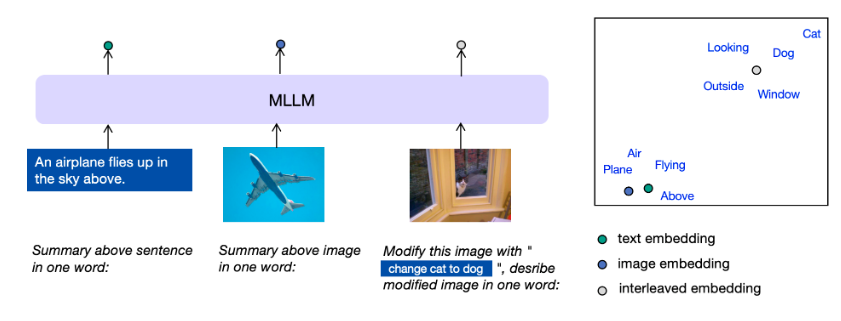Artificial intelligence hardware startup Groq has unveiled two open-source language models that outperform tech giants in specialized tool usage capabilities. The new Llama-3-Groq-70B-Tool-Use model has claimed the top spot on the Berkeley Function Call Leaderboard (BFCL), surpassing proprietary products from companies like OpenAI, Google, and Anthropic.
Groq's project lead, Rick Lamers, announced the breakthrough in an article on X.com. He stated, "I am proud to announce the Llama3Groq Tool Use 8B and 70B models. This is a fully fine-tuned, open-source tool usage version of Llama3, reaching the first position on the BFCL, beating all other models, including proprietary ones such as Claude Sonnet 3.5, GPT-4 Turbo, GPT-4o, and Gemini 1.5 Pro."

Synthetic Data and Ethical AI: A New Paradigm in Model Training
The larger 70B parameter version achieved an overall accuracy of 90.76% on the BFCL, while the smaller 8B model scored 89.06%, ranking third overall. These results indicate that open-source models can match or even surpass the performance of closed-source alternatives in specific tasks.
Groq collaborated with AI research firm Glaive to develop these models, using full fine-tuning and Direct Preference Optimization (DPO) on Meta's Llama-3 foundational model. The team emphasized that they only used ethically generated synthetic data for training, addressing common concerns about data privacy and overfitting.
These models are now available through the Groq API and the Hugging Face platform. This accessibility can accelerate innovation in areas that require complex tool usage and function calls, such as automated coding, data analysis, and interactive AI assistants.
Groq has also launched a public demo on Hugging Face Spaces, allowing users to interact with the models and test their tool usage capabilities firsthand. Similar to Gradio, which was acquired by Hugging Face in December 2021, many demos on Hugging Face Spaces are created this way. The AI community has responded positively, with many researchers and developers eager to explore the capabilities of these models.
Key Takeaways:
⭐ Groq's open-source AI models outperform proprietary models from tech giants in specific tasks
⭐ By using synthetic data for training, Groq challenges common issues in AI model development, such as data privacy and overfitting
⭐ The release of open-source models could reshape the AI development landscape, fostering broader AI accessibility and nurturing an innovative ecosystem










